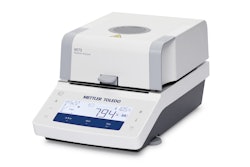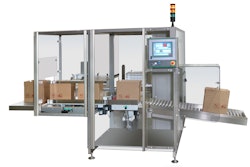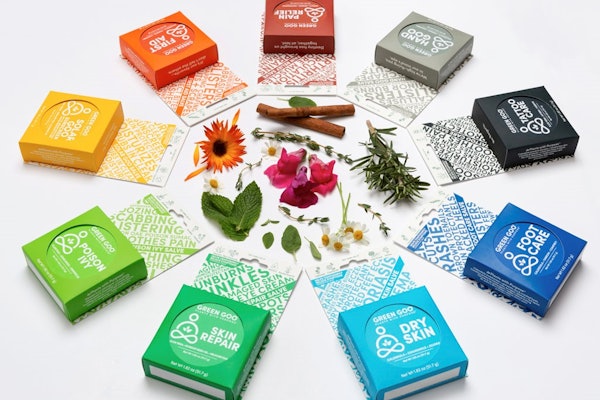This content was written and submitted by the supplier. It has only been modified to comply with this publication’s space and style.
Sproxil, a leading provider of innovative brand protection and loyalty solutions, has been awarded grant funding from the Human Development Innovation Fund (HDIF) in partnership with DFID, the United Kingdom’s government department responsible for administering overseas aid. The grant will be used to help expand Sproxil’s business into Tanzania and to educate consumers about the health risks associated with counterfeit products.
Sproxil’s award-winning anti-counterfeiting service, Mobile Product Authentication (MPA), is a free service that safeguards consumers by giving them the tools to differentiate between fake and genuine products through the use of a mobile phone. The solution already protects products across multiple industries, including pharmaceuticals, consumer packaged goods, electrical cabling, automotive parts and home goods. MPA is widely trusted by leading pharmaceutical companies to curb the multi-billion dollar counterfeit drug industry.
The MPA service is simple to use and can be accessed by any mobile phone. Before purchasing a product, the consumers scratch a label to reveal a unique, one-time use code. They then SMS text the code to a secure number provided on the product package. Within seconds, Sproxil notifies the end user, via SMS, of the result. Alternatively, end users can verify using Sproxil’s iOS, Android, and Blackberry mobile apps, by web, or through the company’s call center to get results in their local language. The company provides the most channels to verify products instantly.
“We are grateful to HDIF for recognizing the value and importance of Sproxil’s efforts to protect consumers from the dangers of counterfeit products,” states Danielle Goldschneider, Sproxil’s Strategic Partnerships Manager. “We believe our services will make a significant impact on decreasing the amount of dangerous counterfeit products, specifically healthcare products, which continue to infiltrate the market in Tanzania.”
Drug counterfeiting is a global crisis: according to the World Customs Organization, the counterfeit drug market is estimated at $200 billion with over 700,000 deaths each year due to fake malaria and tuberculosis drugs alone. Counterfeiting has serious economic impacts as well. A report conducted by the Confederation of Tanzanian Industries (CTI) concluded that Tanzania was losing between 15 to 25 percent of the total domestic tax revenues due to counterfeit products.
>> For more information, click here






















